
Drought-tolerant landscapes come in all shapes and sizes. From a large, expansive bed that runs the entire length of a property line to a small nook that bakes all day by the roadside, water-wise designs can be adapted to almost any yard. Just remember that plants compete for resources, so if you’re packing a lot of them into a tiny space, you’ll need to ensure that all your selections require very little water. When designing your drought-resistant garden, follow the these strategies to ensure success. Read more in Gorgeous Drought-Tolerant Garden Plans and Ideas.
1. Identify soil and exposure conditions first
Any garden, regardless of size, is going to have conditional variations from one spot to the next. In one area you might have dappled shade while the rest of the garden has full-sun exposure. Or you may have pockets of sandier, well-drained soil within a bed that is primarily compacted clay. Doing a site assessment of soil and sun conditions before you start planting can help you determine which plants will do best in specific sections.
Learn more:
Identifying Degrees of Light and Shade
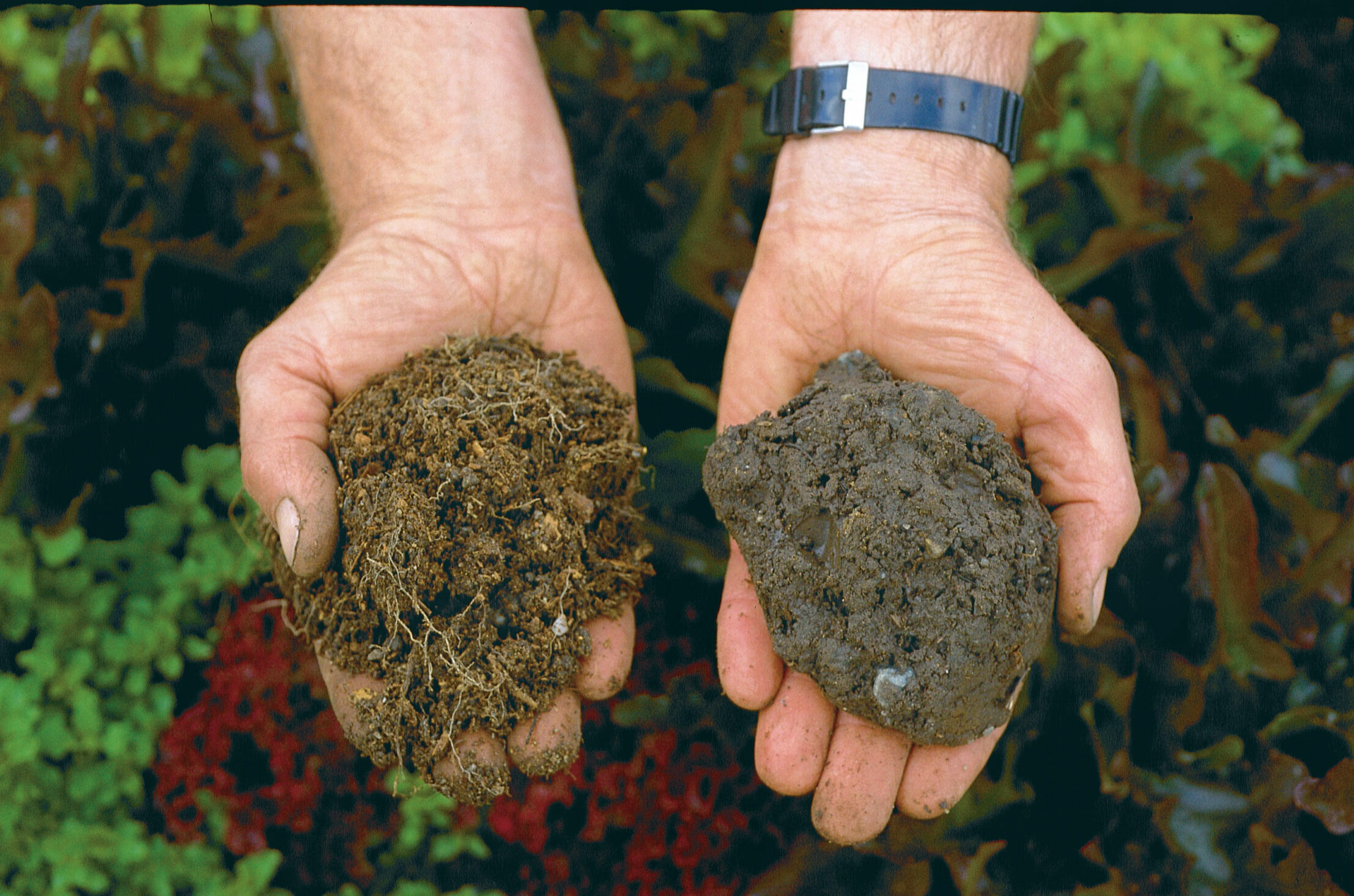
2. Choose plants that suit the site
We’ve all heard it a thousand times, but “Right plant in the right place” is a mantra for a reason. If you have a particularly dry area in baking hot sun, it’s not a good idea to plant something that prefers partial shade or that isn’t taprooted. It’s best to use plants that thrive under existing site conditions.
Learn more:
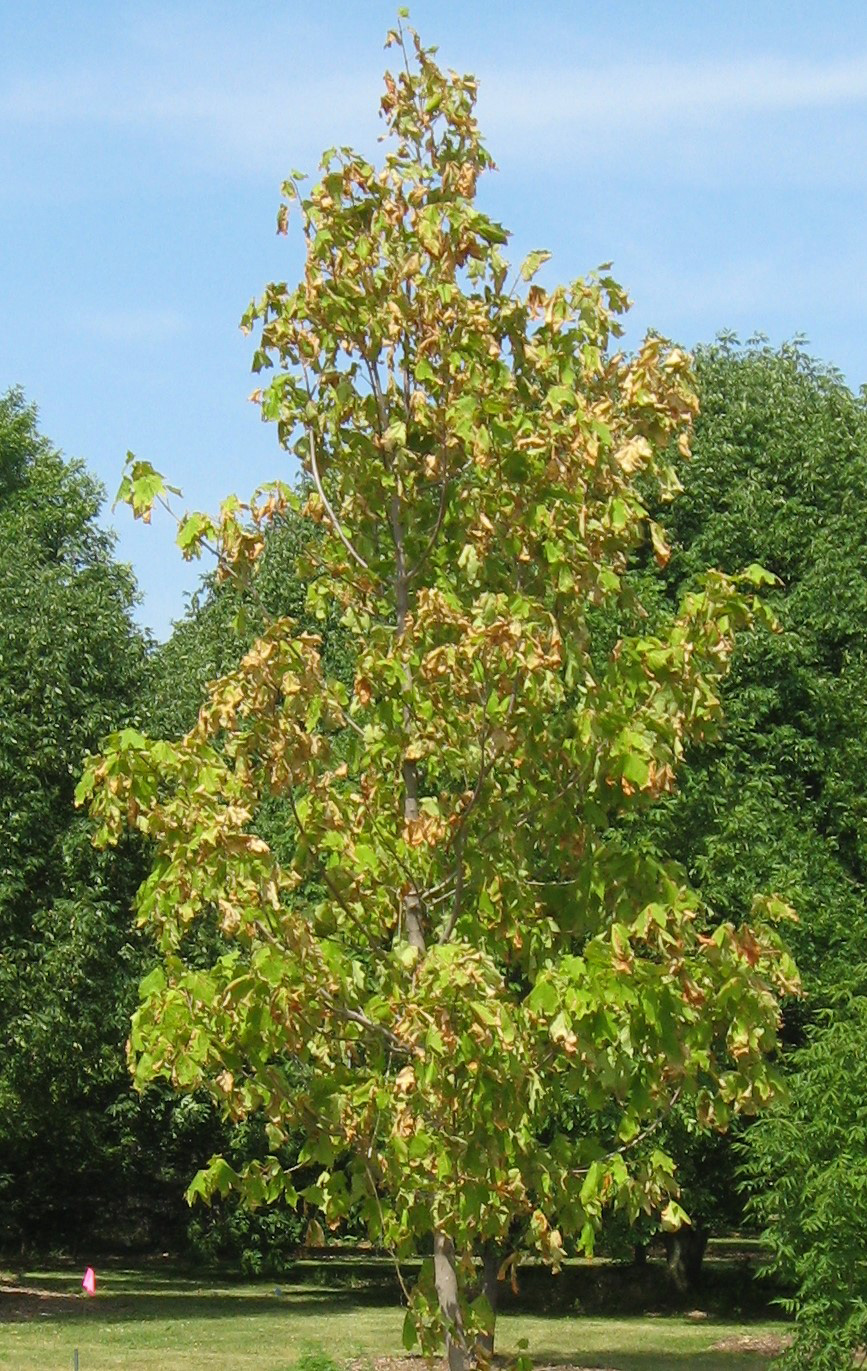
3. Get them established, then leave them be
Even drought-tolerant plants require supplemental watering when they’re first getting established. Once the root system has expanded—generally after the first full year in situ—the plant will require less care. Always spread mulch to help conserve soil moisture and to deter thirsty weeds.
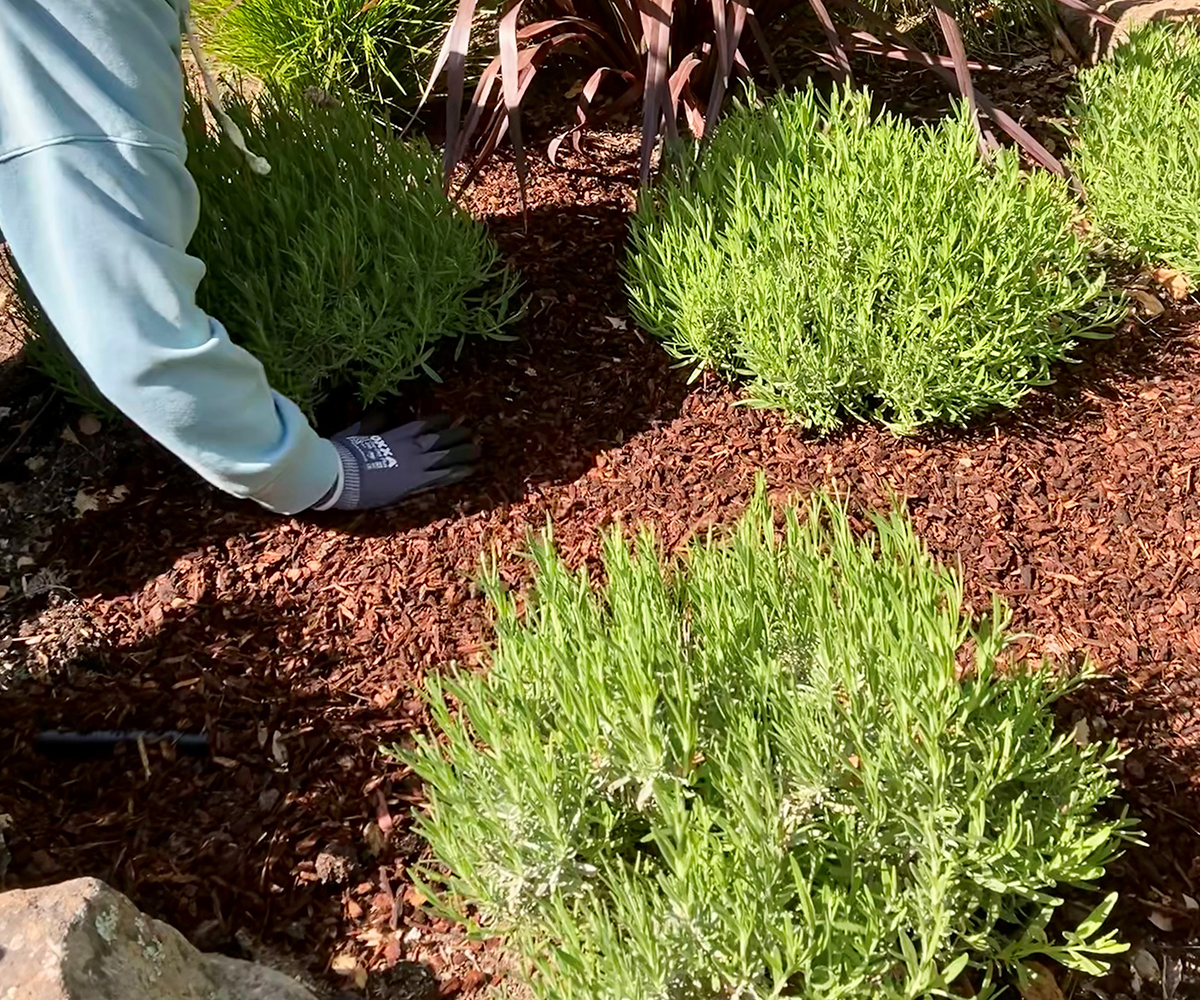
Learn more:
Six Tips for Effective Weed Control
Danielle Sherry is the executive editor.
Illustration: Elara Tanguy





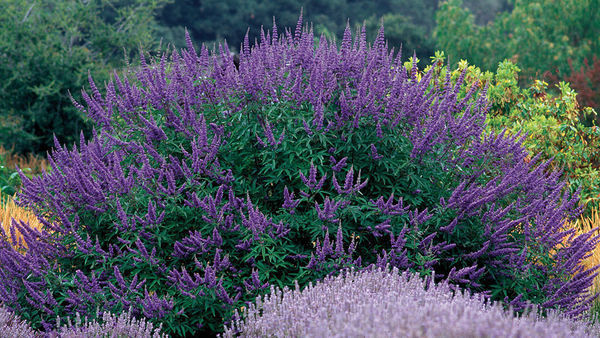
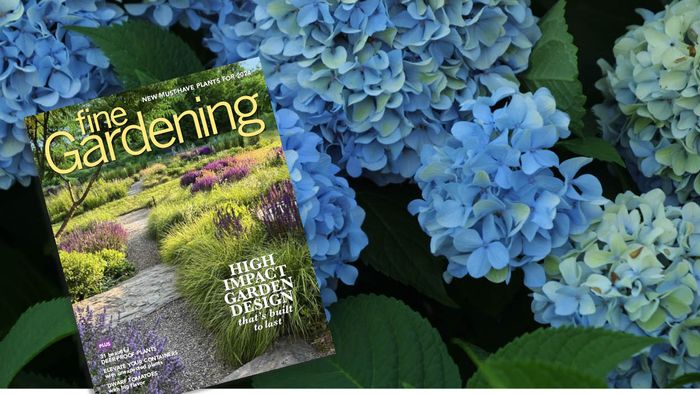
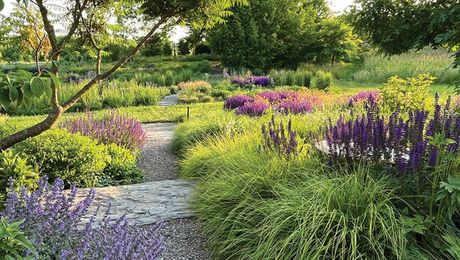
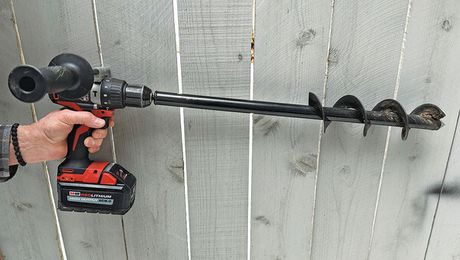

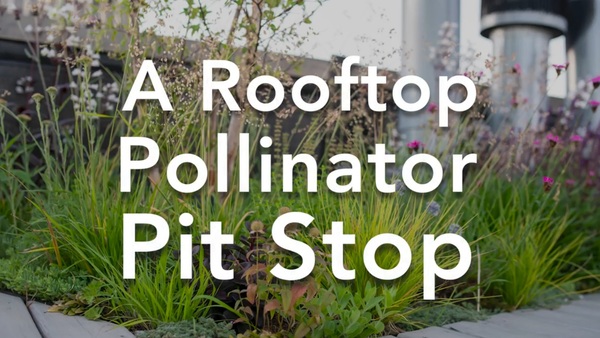

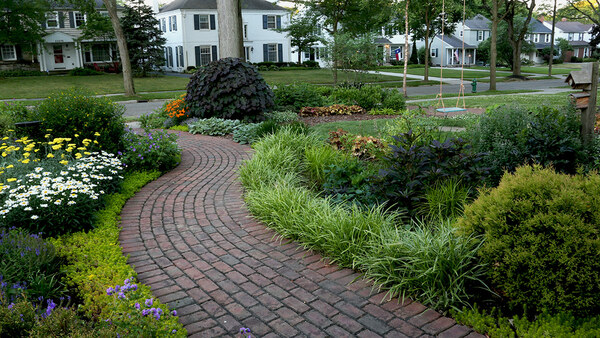
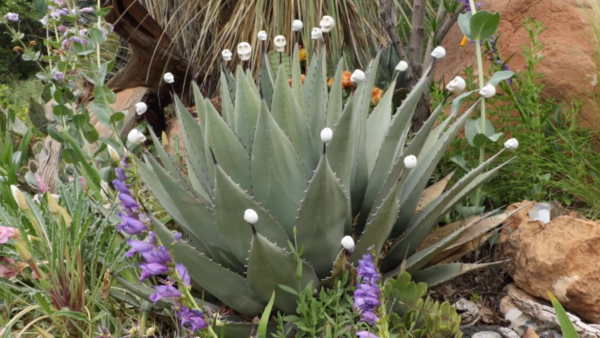



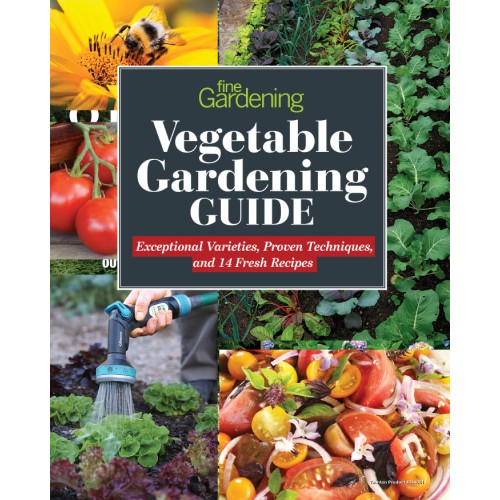
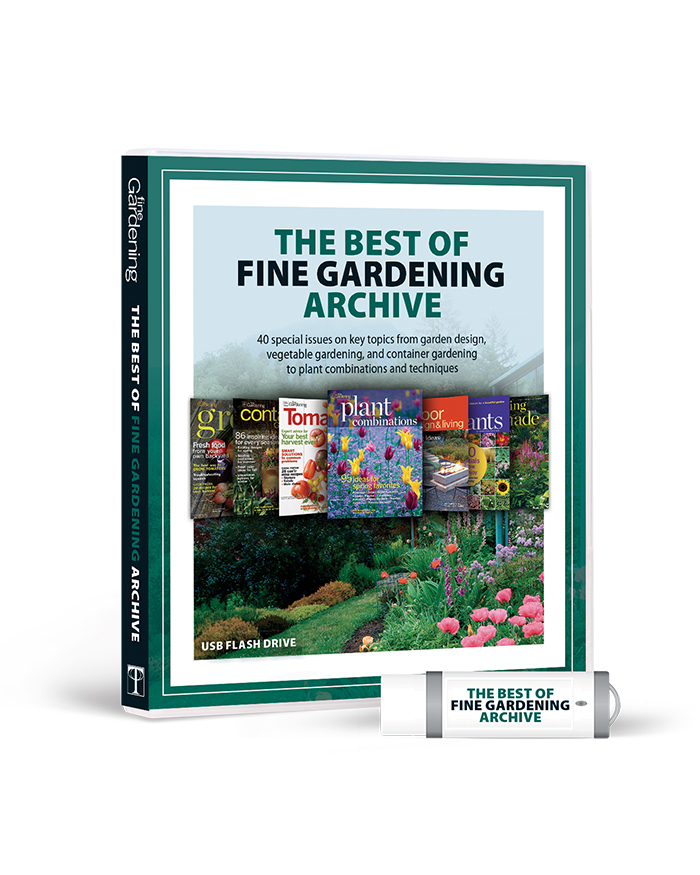


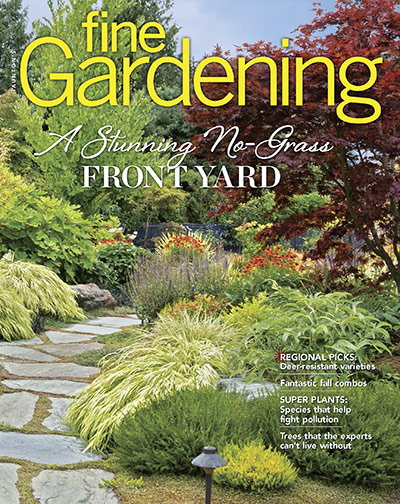
Comments
Log in or create an account to post a comment.
Sign up Log in